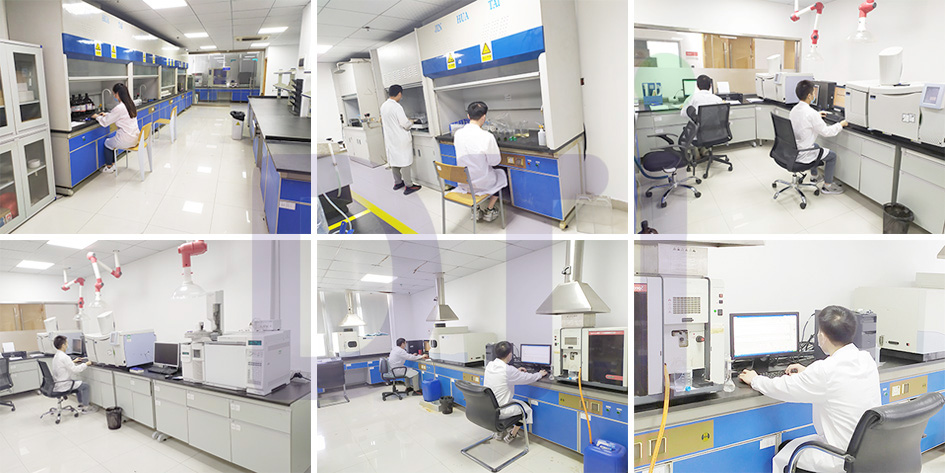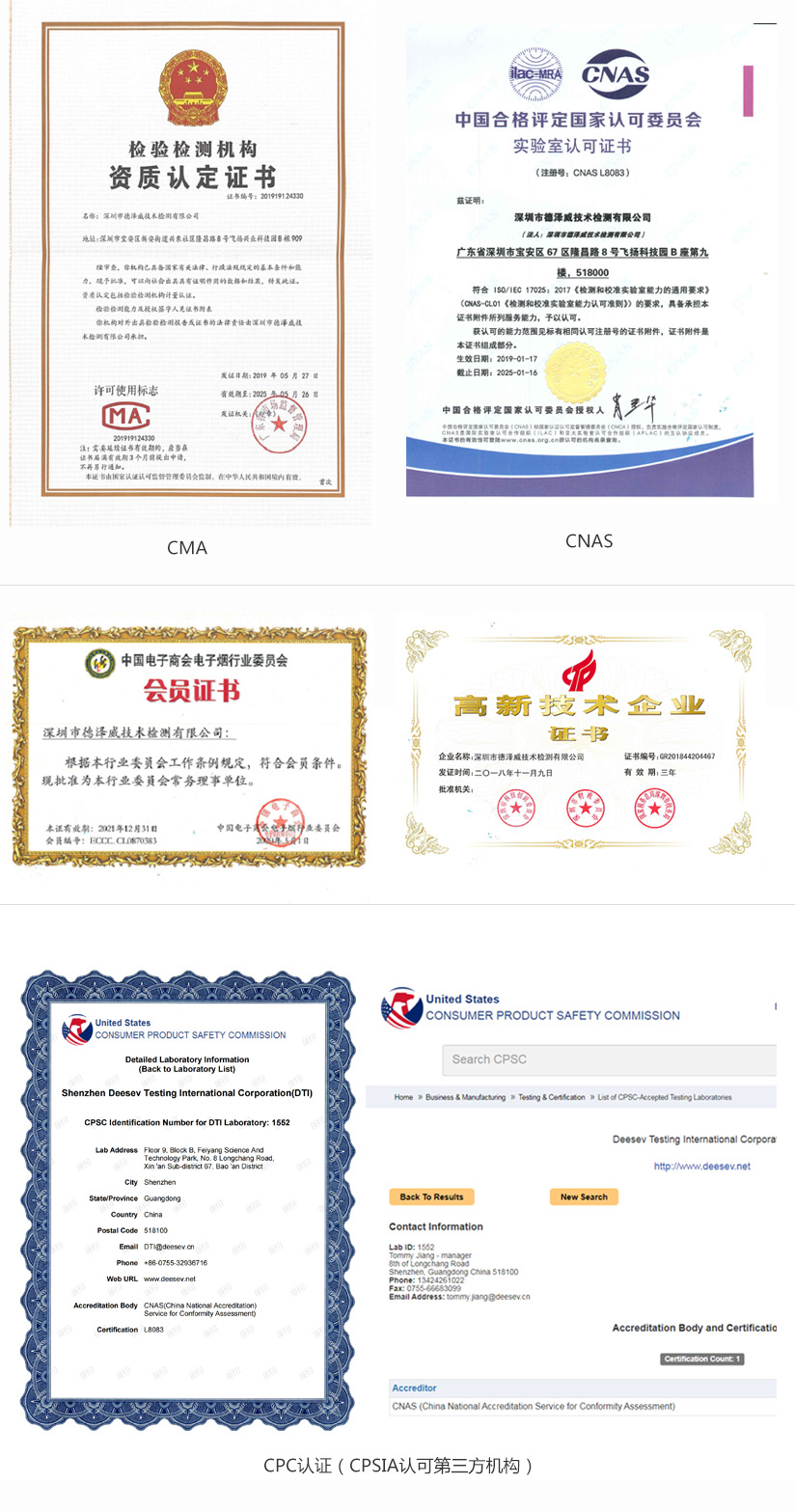- Add to favorite
- Wechat

- Corporate Email
- CN
- EN


American standard ASTM F963-17 Toy Safety Standard Consumer Safety Specification.
5. Mandatory requirements for projectile toys:
These requirements are intended to reduce the risk of suffocation, eye injuries and skin injuries during play. Projectile toys must comply with the relevant part of one of the following four standards:
Australian/New Zealand Standard AS/NZS 8124.1:2019 - Safety of toys - Part 1: Safety aspects related to mechanical and physical properties (including amendments 1 and 2);
European Standard EN 71-1:2014+A1:2018 Toy Safety - Part 1: Mechanical and Physical Properties;
International Standard ISO 8124.1:2018 Toy Safety - Part 1: Safety aspects related to mechanical and physical properties (including amendments 1 and 2);
American Society for Testing and Materials standard ASTM F963-17 Standard consumer safety application for toy safety.
(Note: As of June 11, 2022, suppliers may choose to comply with the requirements of the Consumer Product Safety Standard (Projectory Toys) 2020 or Consumer Protection Notice No. 16 (Consumer Product Safety Standard for Children's Projectile Toys) 2010. From June 2022 From the 12th, suppliers must only comply with the requirements in the Consumer Goods (Projectory Toys) Safety Standard 2020).
6. Consumer Products (Products Containing Button/Button Batteries) Safety Standard 2020. This mandatory standard defines the safety requirements for all consumer products containing buttons/button batteries, including storage containers and storage boxes. It is also suitable for consumer product accessories that contain button/button batteries, such as remote controls. From June 22, 2022, if you supply button/button batteries or products containing them that do not comply with these standards, you may be subject to fines and penalties.
Australian toy related bans
1. Ban on DEHP in children’s plastic products:
It is prohibited to supply plastic products that meet the following conditions:
For use by children under 36 months (inclusive);
Contains or has accessible ingredients containing more than 1% DEHP by weight;
Products that children up to and including 36 months can easily chew and/or suck.
The ban only applies to toys, child care items, cutlery and cutlery that meet each of the above criteria. DEHP may cause harm to the reproductive system and harm children's health.
2. Ban on Beaded Toys: Due to the risk of suffocation to children, there is a permanent ban on the sale of inflatable toys, novelties and furniture that have loose beads or small particles inside the product.
3. Ban on Yo-Yo water polo: The rope on the Yo-Yo water polo may exceed 1 meter in length after being stretched, which may wrap around children's necks and cause suffocation; in addition, after the Yo-Yo water polo is damaged, the liquid flowing out may irritate the skin or be swallowed Will endanger health later.
4. Ban on Novelty Lighters: The supply of novelty lighters that are toy-like and designed to produce a flame that ignites cigarettes or other combustible materials is prohibited because children will mistake such products for toys and can cause severe burns if they catch fire while playing with them.
5. Ban on small, high-power magnets: If a child swallows more than one small, high-power magnet, the magnets will stick together and pass through the child's intestinal wall or other digestive tissue, which may cause internal injuries or even death. Magnets may pose a choking hazard to young children (small parts).
Australian voluntary standards for toys
In terms of voluntary standards for toys, Australia basically adopts the international standard ISO 8124 series of standards and the EU EN71 series of standards. The main standards are shown in the table below:
The above standards are all voluntary. It is worth noting that the requirements related to Australian toy-related mandatory standards and notifications are mandatory.
Conformity assessment procedures for Australian toys
When toys enter the Australian market, they need to be tested according to the requirements of the above regulations and standards and meet their requirements; some electric toys and wireless remote control toys also need to undergo mandatory certifications such as electronic and electrical product safety and electromagnetic compatibility before they can be put on the market.
Toys Australia/New Zealand Play AS/NZS 8124 Certification Preparation Materials
1. 2-3 test samples are required;
2. Product instructions or user manuals;
3. Testing application form (form provided by our company);
4. Parts list (BOM list).
Australia/New Zealand AS/NZS 8124 toy testing process
1. Determine product testing items;
2. Fill in the Dezewe testing application form, determine the testing standards, and determine the testing age group;
3. Sample sending and receiving: The applicant shall arrange to send samples;
4. Product testing, 3-5 working days, can be expedited;
5. If the test is qualified, a report will be issued.
Laboratory style
Dezewei DTi Testing is an independent third-party testing organization in China. It has CNAS/CMA qualifications/chemical analysis technical team/has accumulated many years of experience in the field of atomizers. It can provide you with more information based on the latest control requirements for atomizers. Professional and more reliable testing and registration services. Dezewe Laboratory is established and implemented in strict accordance with ISO/IEC17025:2005 standards. It has passed the China National Accreditation Service for Conformity Assessment (CNAS: L8083)/Measurement Certification (CMA) and is fully qualified to issue third-party testing reports.

Honors and Qualifications
CNAS/CMA/CPSC qualification/national high-tech enterprise


 Shen Gongwang Security: 44030602006947
Shen Gongwang Security: 44030602006947
报价二维码